Participation and Development have assumed greater significance particularly in the developing countries of the Third World whose economies are basically rural. Participation is one of those terms which are very difficult to define explicitly because, while it is very widely used in contemporary parlance, the scope and meaning that are ascribed to it often differ, sometimes very widely. Similarly, development, particularly rural development, involves a complex process of change in rural sub-systems and their interaction leading to desired improvement in rural incomes, employment opportunities, income distribution, rural welfare and allied aspects of rural life. A good deal of literature has appeared in recent years and is continuing to appear on rural development, people’s participation, basic minimum needs and target group oriented approaches to development and related topics. Unfortunately, very little has been written on how the new approaches should be implemented. The present study is perhaps the first full-length study on the problem as it attempts to provide a theoretical framework which may help in achieving development targets in active cooperation with and effective participation of the masses. The book, divided into nine chapter, discusses different dimensions of people’s participation in development programmes and throws fresh light on eliminating poverty from the rural scene by making people politically conscious, socially assertive and mentally articulate. Recommended for the students and researchers in the field of development administration and also useful to active practitioners and planners.
Feminism in Contemporary Literature
$49.50
$55.00


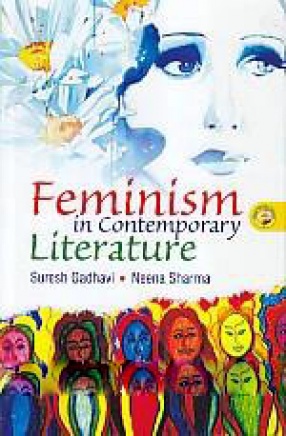
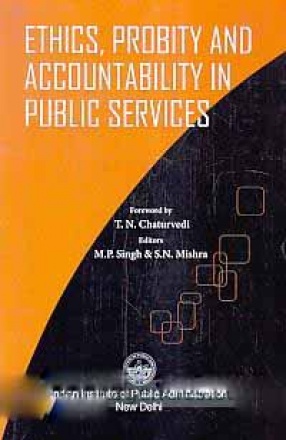
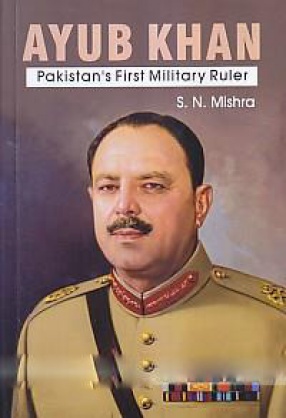
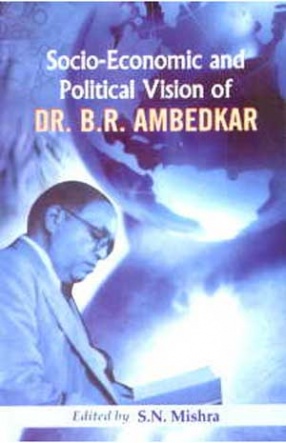
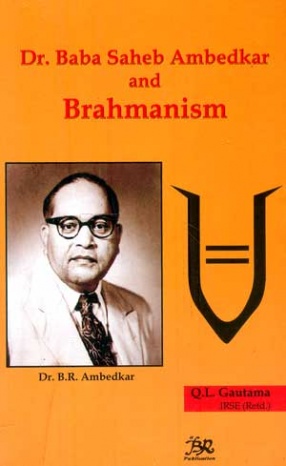

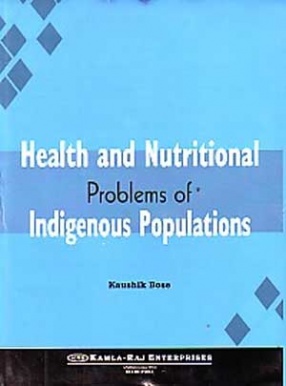
There are no reviews yet.